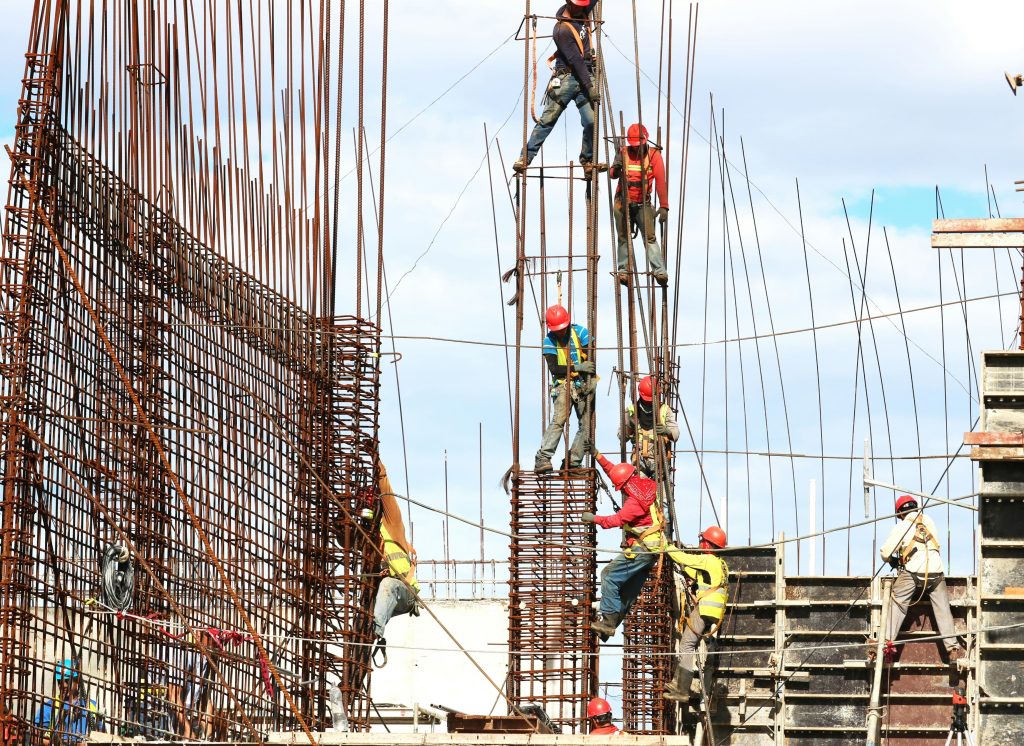Social Europe in the throes of enlargement
The enlargement towards the countries of Central and Eastern Europe is a huge challenge and emphasises an intrinsic difficulty in constructing Social Europe. With this analysis of the European social model, we will be able to analyse the causes of the current “crisis’ better, by establishing the reasons and outlining some roads to reorganisation.

Social Europe has become a major issue in the debate on the referendum on the draft Constitutional Treaty in France. Such awareness of public opinion surprised most of the specialists in the area, who are accustomed to thinking of it as only being a specialised subject, whether relating to legal studies, actions before the European Court of Justice or negotiations in the Council. On the contrary, it could be said that the questioning and impatient reactions are entirely justified in view of the impenetrable nature of this issue for most French and Europeans, who are faced, on the one hand, with a mediocre management of the social consequences of globalisation, and, on the other, with a debate spouting doctrines and pronouncing fatalism in equal measure, which seems to ignore the social dimension of the EU.
There is, therefore, ample information available to recognise the true value of the strength of Social Europe, its achievements and progress. Nevertheless, this information will probably not suffice for the most ambitious, who are aware of the current frictions and impasses. We will therefore have to give more thought to the means of renewing the social dimension for a 21st century Europe of 27 members.





